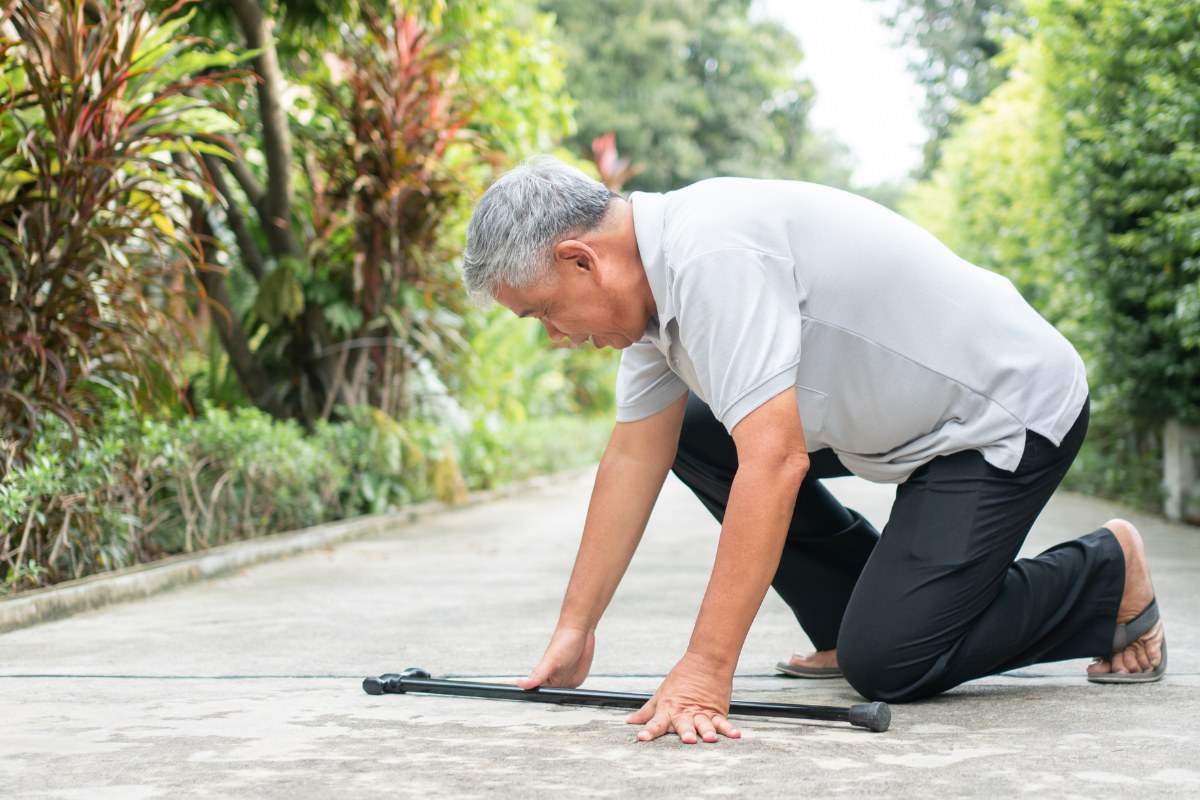There is no such thing as “typical” aging, as we all age differently, whether that is due to the general aging process which we often hear people call simply “wear and tear” or whether it is due to illness or an age-related type illness, such as arthritis which can affect various parts of the body. Therefore, there is no ‘one fit suits all’ solution. What we do know is that there are many solutions in the way of assistive technology, goods and equipment and home modifications which can help.
Assistive technology are devices that can increase a person’s independence and ease in performing a task, reducing the strain on joints in the hands, hips and knees. Many of these products can be purchased independently within the local community from places such as independent living centres, pharmacy’s even the local hardware shops and supermarkets are beginning to stock a variety of simple low-cost items.
Along with assistive technology there are other things you can also do to help make things easier in the home, for example in the kitchen storing items within easy reach so you don’t have to stand on a stool or steps to access them or need to bend down on the floor to get into cupboards. Placing frequently used items such as cups in drawers rather than overhead cupboards, or simply keep items on the work bench.
There are a range of low-cost items such as bottle, jar and can openers, these reduce the strain and force and the strength of grip required and can help protect joints in the hand and wrist when dexterity is an issue.
Remaining safe in the kitchen can be difficult for some people without the use of assistive technology, preventing risks and injuries such as scolding when pouring boiling water from the kettle to make a hot drink, or when tipping out boiling water from a pan to strain vegetables. Think about what can be used to replace your usual routines and form new habits to create and adapt to new solutions.
Try using one pot solutions such as a slow cooker in the cooler months, and if that’s not your thing how about using a tiered steamer where you can lift off the individual baskets without having to handle hot water and just allow the water in the base to cool before removing it.
If you prefer boiling your vegetables try using a metal basket inside your pan which allows you to turn off the stove and remove the basket from the pan when ready.
Some kettles are heavy to lift when full, so you may want to consider filling it up with a jug or purchase a small light weight version. There is also the option of purchasing a kettle tipper which allows the kettle to be tipped without the need to lift.
Turning a tap or handle can be a demanding task for those with arthritis and joint restrictions. However, there are options that make turning taps on and off incredibly easy. There are a variety of types and designs of knob and tap turners which fit on top of existing faucets and saves on going to the costly price of having to change or replace the whole tap to user friendly lever taps.
Something we hear a lot about is concerns with safety when showering or getting on and off the toilet. This may be due to an acute illness or following surgery, or some people are just looking for that little bit of added security but still want to remain independent. There are range of products available, toilet seat raisers, shower chairs, shower stools, bath boards to name a few. Something to consider if you’re thinking about purchasing one of these items is the weight capacity to ensure what you purchase is suitable for your safety needs. Also, if there is going to be more than one person in the household using the items, is it set at the correct height. Think about whether what you purchase will suit both people.
If your safety and independence is compromised, you may also want to consider having an Occupational therapist assess your increased needs.
If you are thinking of installing home modifications such as handrails or ramps it may be worth seeking advice from a qualified builder who would know the structural requirements, and be able provide information regarding materials ie timber or metal requirements.
For more information on what assistive technologies, goods and equipment that are available, see links below.
National Equipment Database – National Equipment Database (askned.com.au)
Disability Shop – https://www.disabilityshop.com.au/?gclid=Cj0KCQiAveebBhD_ARIsAFaAvrGui1lJSJHqlpNxoNGzWLkZlzkWxld1nfYDWCDlhEu83AyV0B4gUckaArVoEALw_wcB
Novita – Shop | NovitaTech






